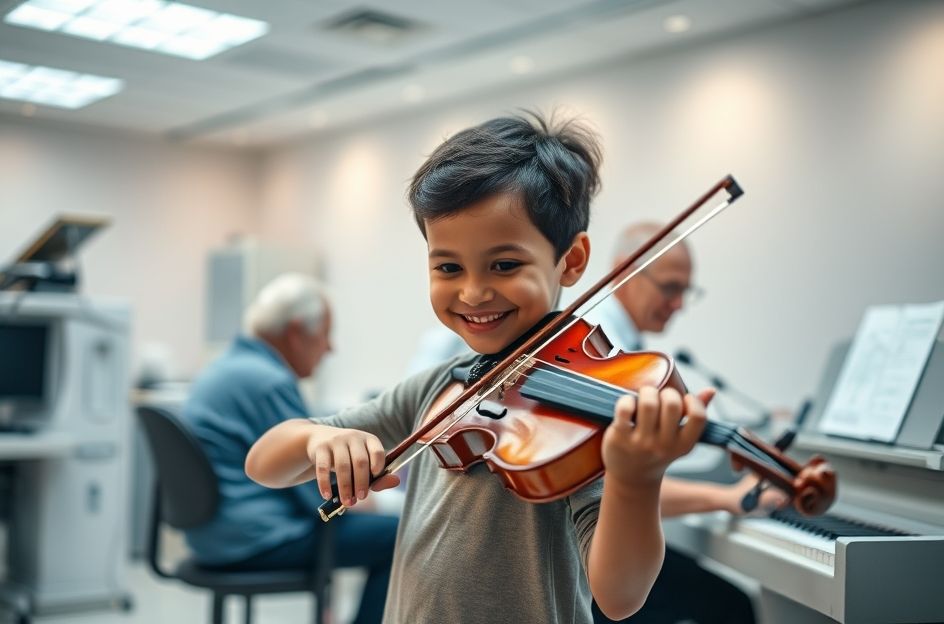Have you ever stopped to consider how music affects your thoughts and feelings? A groundbreaking Canadian study is exploring the profound impact of musical training on the brain, specifically its potential to combat age-related cognitive decline and enhance cognitive abilities in children. Financed by a substantial grant from a California-based music research organization, the study investigates whether early musical training provides a cognitive advantage in reading, writing, and overall verbal skills.
The researchers emphasize the brain’s remarkable plasticity, particularly during childhood and early adulthood. Their hope is to demonstrate that music’s influence extends far beyond musical aptitude, making it a crucial element of early education and a powerful tool for rehabilitating brains damaged by stroke or disease.
Previous research in Germany revealed that musicians possess enhanced auditory and sensory brain regions compared to non-musicians. Notably, musicians who began training early exhibited larger cortical areas. The current study examines both children (ages 4-6) and older adults (ages 50-65) with prior musical training. Children will receive violin and piano lessons. Both groups will undergo a series of tests measuring perception and cognitive skills, with results compared to control groups of the same age without musical training.
The study will employ EEG (electroencephalography) to measure electrical brain activity, MEG (magnetoencephalography) to measure magnetic changes, and MRI (magnetic resonance imaging) to analyze brain structures. Ultimately, the study aims to uncover innovative ways to harness music as a rehabilitation method for brains affected by degenerative conditions such as stroke, heart disease, Alzheimer’s, accidents, and cancer.
